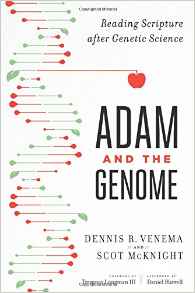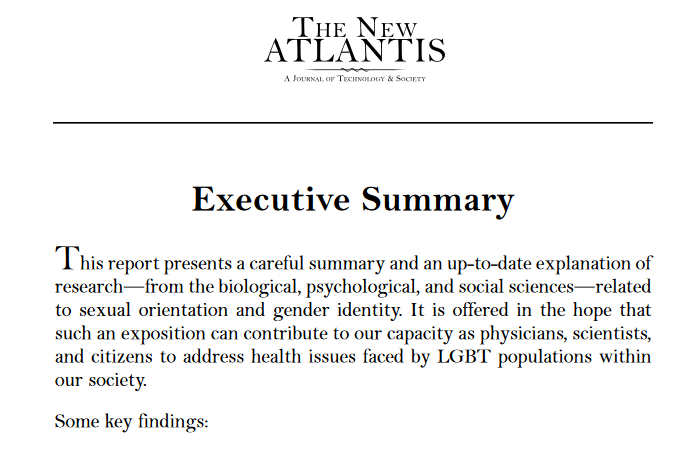Where is the Life we have lost in living?
Where is the wisdom we have lost in knowledge?
Where is the knowledge we have lost in information?
Academic Directive #27
Evangelical scholars seeking acceptance by the secular academia must demonstrate that their scholarship is “objective’ and “up to date.” This would require them to submit journal articles that are replete with copious footnotes which refer to a wide spectrum of ancient texts and archaeological sources, and comply with the critical presuppositions and methodology that are prevailing within the secular academia.
Credit may be given to evangelical biblical scholars who have taken up the challenge to match the terms and conditions set by the secular academia. They are unlike their theological cousins belonging to the “Old School of Medievalists and Puritans” who remain recalcitrant in purveying ancient superstitions as they continue to spout outdated scholarship learned from dusty tomes of ancient writers whom they reverently referred to the ‘Church Fathers’ or the ‘Scholastics’. It is irksome as these academic wannabees fail to separate their confessional faith and rigid tradition from objective, historical scholarship. May His Infernal Majesty reserve the hottest fire for these theological fools and fanatics for their academic fraudulence! Continue reading “Scholarship without Wisdom and Spiritual Discernment”



